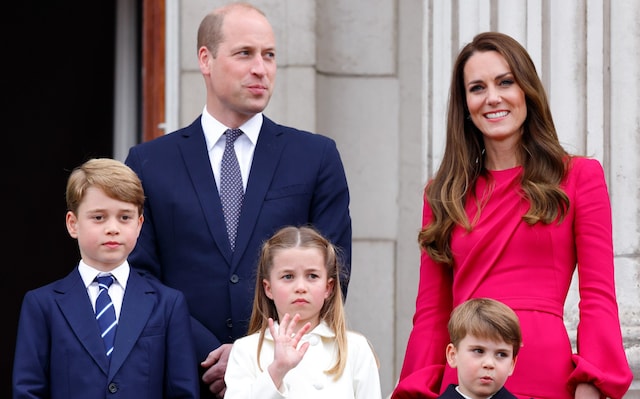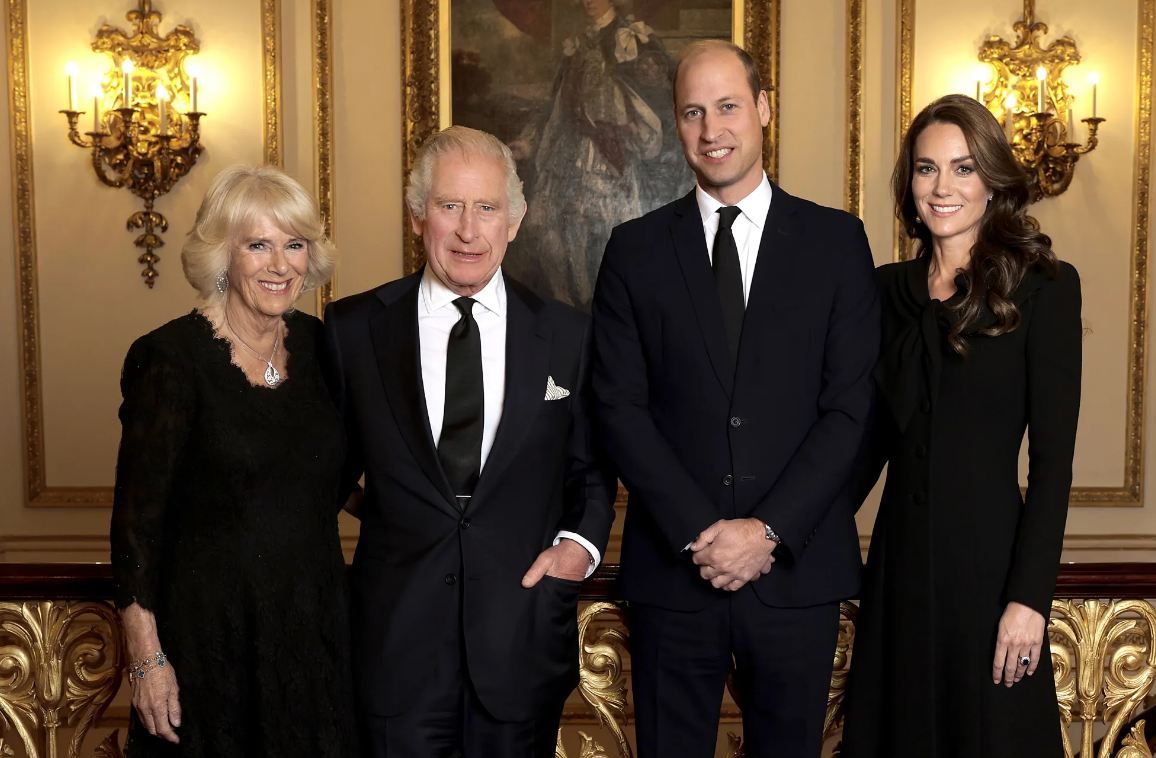Have you ever wondered if your family name connects you to the British royal family? While it’s unlikely that a surname alone can confirm royal lineage, certain last names have historical ties to noble or royal families. Genealogy platforms like MyHeritage have compiled lists suggesting that individuals with specific surnames might have ancestral connections to royalty.
The Significance of Surnames in Genealogy
Surnames often carry historical significance, reflecting occupations, locations, or familial connections. In the context of royalty, some surnames are directly associated with noble or royal houses. For instance, the surname “Windsor” is the current family name of the British royal family, adopted in 1917. Similarly, surnames like “Tudor” and “Plantagenet” are linked to historical English dynasties.

Notable Surnames with Royal Connections
Here are some surnames that have historical ties to royalty:
- Windsor: The reigning British royal family adopted this surname in 1917.
- Tudor: Associated with the Welsh dynasty that produced monarchs like Henry VIII and Elizabeth I.
- Stuart: A Scottish house that ruled both England and Scotland during the 16th and 17th centuries.
- Plantagenet: The royal house that provided England with kings from Henry II to Richard III.
- Capet: A French dynasty that ruled from 987 to 1328.
- Bourbon: A European royal house that ruled France, Spain, and other territories.
- Habsburg: A powerful royal house in Europe, once ruling the Holy Roman Empire.
- Hanover: The British royal house from George I to Queen Victoria.
- Valois: A branch of the Capetian dynasty that ruled France.
- Lancaster: A branch of the Plantagenet family, key during the Wars of the Roses.
- York: Another Plantagenet branch, central to the Wars of the Roses.
- Bruce: A Scottish royal family, famously including Robert the Bruce.
- de Valois: A French royal family that produced several kings.
- de Medici: An influential Italian family with royal connections and ties to popes.
- Savoy: A royal family that once ruled parts of Italy and France.
- Orange-Nassau: The royal family of the Netherlands.
- Oldenburg: A European house with ties to the current Danish royal family.
- Glücksburg: A branch of the Oldenburg family, connected to Danish and Norwegian royalty.
- Romanov: The last imperial dynasty to rule Russia.
- Baskerville: A noble English family with aristocratic ties.
- Darcy: A family name associated with English and Irish nobility.
- Neville: A powerful family with significant influence in medieval England.
- Percy: An aristocratic family in England, known for their historical impact.
- Astley: Linked to the English peerage, a noble surname.
- Capell: An aristocratic English family with notable historical influence.
- Howard: A prominent family in the UK, holders of the Dukedom of Norfolk.
- Seymour: The family of Jane Seymour, Henry VIII’s third wife, with ties to Somerset.
- Grey: Associated with English and Irish nobility.
- FitzAlan: A family name with medieval English origins.
- Percy: An aristocratic family in England, known for their historical impact.
- Astley: Linked to the English peerage, a noble surname.
- Capell: An aristocratic English family with notable historical influence.
- Howard: A prominent family in the UK, holders of the Dukedom of Norfolk.
- Seymour: The family of Jane Seymour, Henry VIII’s third wife, with ties to Somerset.
- Grey: Associated with English and Irish nobility.
- FitzAlan: A family name with medieval English origins.
Tracing Your Royal Ancestry
While possessing one of these surnames doesn’t guarantee a direct connection to royalty, it can serve as a starting point for genealogical research. Platforms like MyHeritage offer tools to trace family trees and explore historical records. Building a family tree can reveal connections to noble or royal ancestors, providing insight into your heritage.

Conclusion
Exploring the origins of your surname can be a fascinating journey into your family’s history. While it’s unlikely that a surname alone can confirm royal lineage, certain names have historical ties to nobility and royalty. By utilizing genealogical resources, you can uncover potential connections to royal ancestry and gain a deeper understanding of your heritage.

















